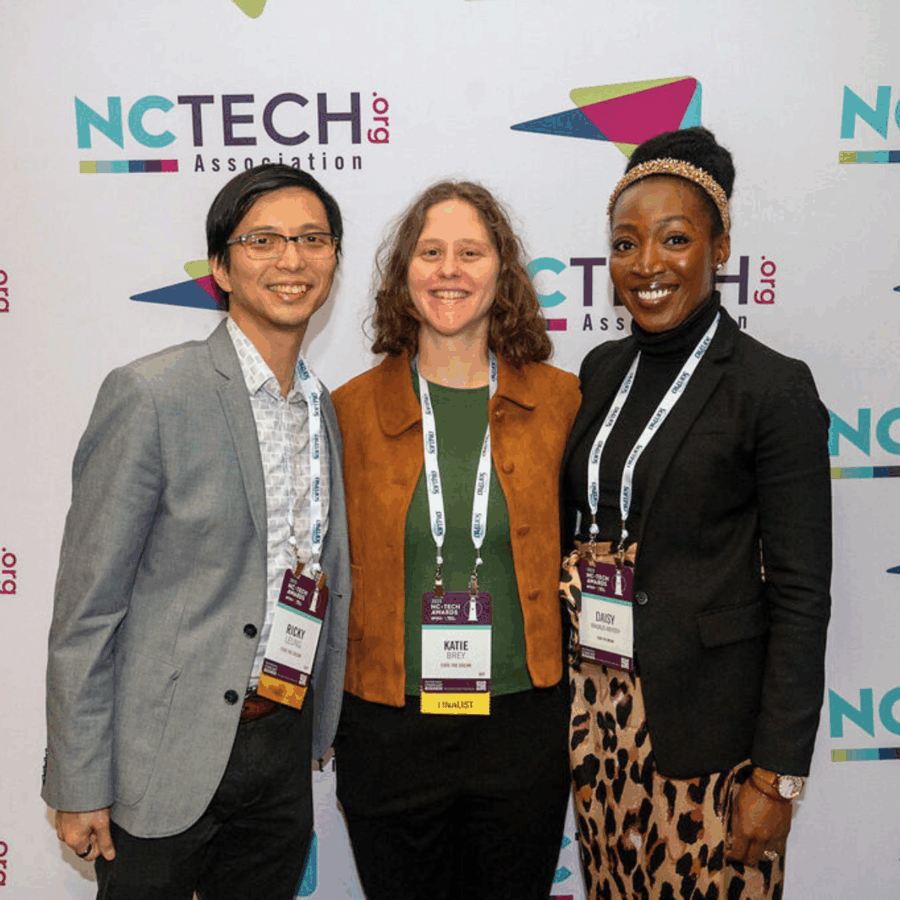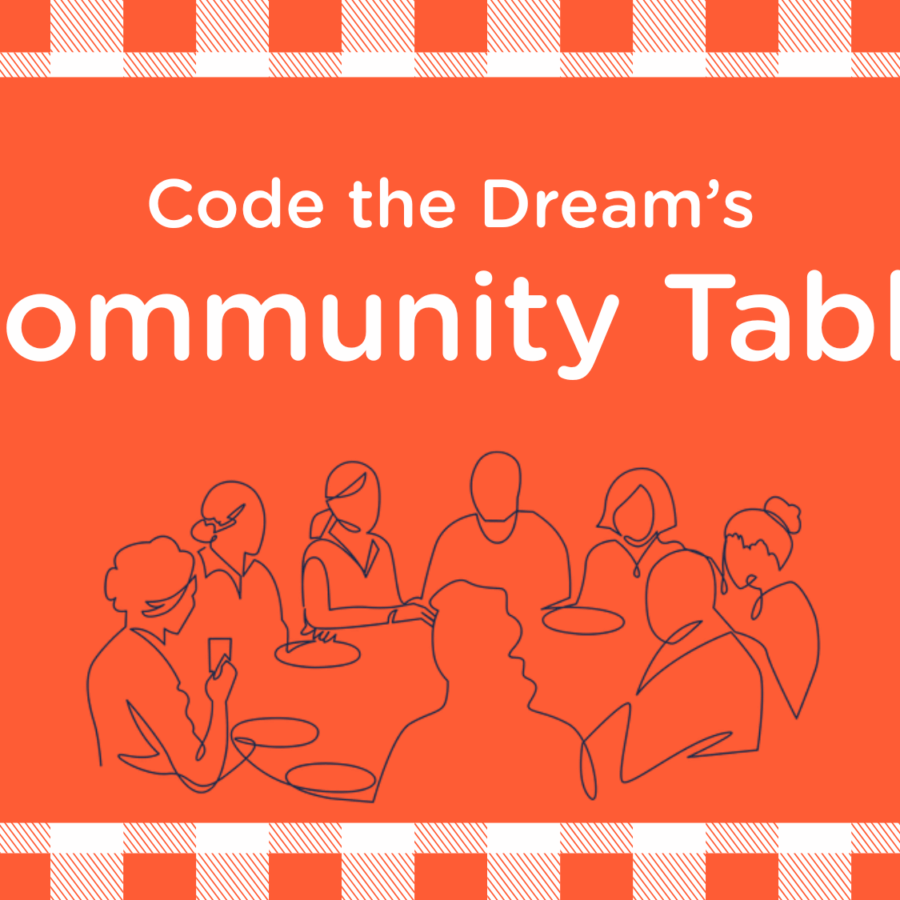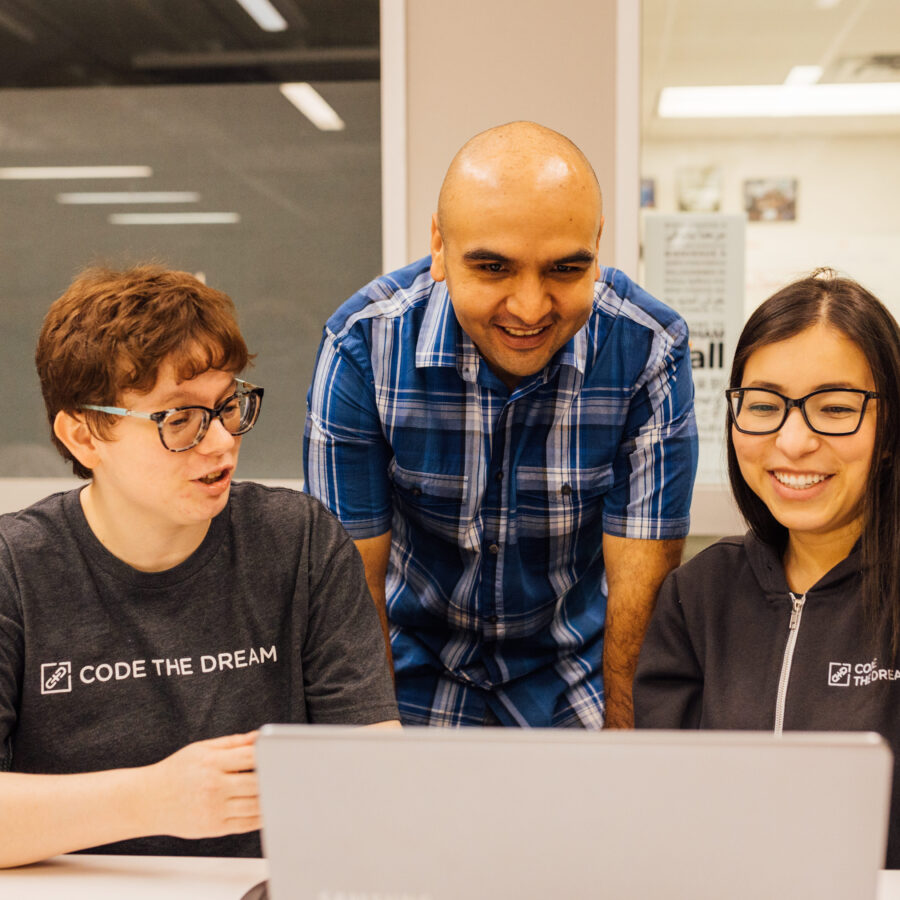Code the Dream, in partnership with national nonprofit MyFriendBen and NC 211, launched a benefits screener in North Carolina on April 1. MyFriendBen-NC is a one-stop online tool that helps North Carolinians find the benefits and tax credits they are likely eligible to receive. Programs include food assistance, health insurance, child care subsidies and more.
Complicated processes and a lack of awareness about available programs are often the barriers between people and the benefits for which they already qualify. MyFriendBen offers North Carolinians a simple, fast start to determining benefit eligibility. It takes about six minutes for MyFriendBen users to complete a short survey, available in 12 languages, that returns a personalized report. The report, which has an accuracy rate of over 90%, shows which programs users likely qualify for, as well as the dollar value and time required to apply. Users also have the option to remain anonymous.
Households in Colorado, the first state to launch MyFriendBen, found an average monthly benefits value of $1,500.

How MyFriendBen supports economic mobility
In an era of rising wealth inequality, Code the Dream Co-Executive Director Dan Rearick hopes MyFriendBen can ease some of the financial strain on families.
“It’s harder than ever for families to afford the basics, and one in three North Carolinians is close to or currently experiencing poverty,” said Rearick. “This tool offers one-stop, judgment-free help. MyFriendBen is a lifeline.”
Participation in safety net programs can improve upward economic mobility and provide other tangible benefits for individuals, families, and society: increased workforce participation, fewer chronic health conditions like asthma, improved mental health, and more earnings later in life. Such programs are a crucial part of breaking cycles of generational poverty.
Louise Pocock, Senior Public Benefits Analyst at Code the Dream, emphasizes the importance of breaking down the current barriers families face.
“Unfortunately, due to a complex and fragmented process, North Carolina families don’t know about or can’t access programs they are eligible for,” said Pocock. “These benefits are life-changing. They ensure our neighbors can get lifesaving medical care, have enough food to eat, can access safe and affordable child care, and so much more.”
Community partnerships in North Carolina
Code the Dream partnered with community-based organizations and community health workers across North Carolina for early-access testing of MyFriendBen.
“I love it,” said Prince Mundeke Mushunju, pastor and community health worker with Mundeke Gospel Mission, a Greensboro-based nonprofit. “As a community health worker, it gives me confidence—I can send someone to DSS [Division of Social Services] knowing that this person is qualified for the benefit.”
“It’s a great tool to use,” said Yanira Vanegas Scott, Executive Director of El Refugio, a Sanford-based advocacy nonprofit. “I think it’s very beneficial to families that aren’t able to get to an office between 8 to 5.”
Though long-term benefit programs are critical for families, those application processes can take time, and some people need help sooner. Partnerships with community programs like NC 211 are vital in making the connection to local community-based resources that can help people with their immediate needs.
“NC 211 is thrilled to partner with Code the Dream to bring the MyFriendBen tool to North Carolina,” said David Mercado, Senior Director of Operations at NC 211. “This collaboration makes it easier than ever for North Carolinians to access vital health and human service resources with just a few clicks, empowering individuals and families to find the support they need quickly and easily.”
“Historically, these systems are challenging to navigate even for the professionals who are experts in what they do,” said Elise Henson, Executive Director of MyFriendBen, which is incubated nationally at social impact organization Gary Community Ventures. “MyFriendBen empowers individuals with information to quickly and easily find the support that can help them find greater peace of mind.”





